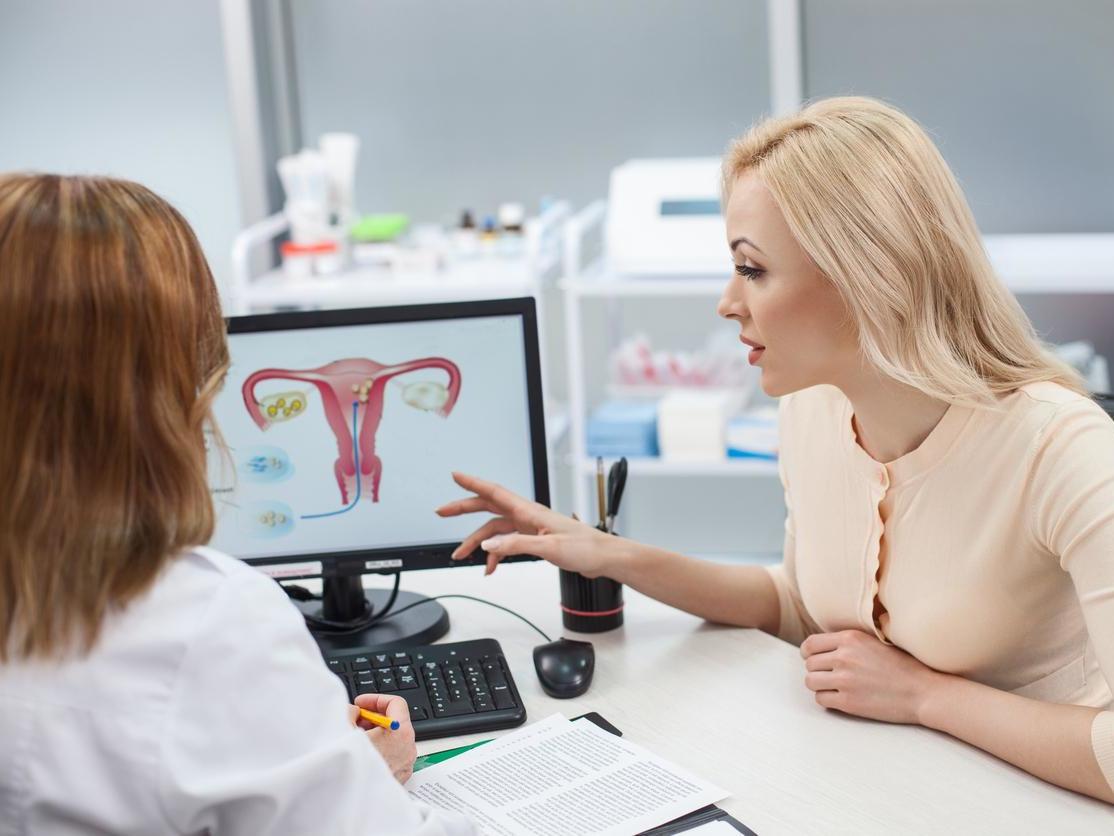Women going to cervical cancer screening falls to 21-year low, official figures show
News that uptake has fallen for fourth consecutive year comes after revelations that nearly 50,000 missed out on invitations because of failures with programme outsourced to Capita

The proportion of women attending cervical cancer screenings has hit a 21-year low, official figures show, as experts warn the disease is on the rise.
NHS figures for England show just 3.18 million women were tested in 2017-18, 71.4 per cent of the 4.46 million women who were invited to have a smear test and a drop from 73.7 per cent in 2011.
This is the fourth consecutive year that uptake of the test has declined and comes as the number of cervical cancers diagnosed in England rose from 2,528 in 2015 to 2,594 in 2016.
Nearly 50,000 women missed out on invitations to screenings or results in 2018 because of failures by private company Capita, which the NHS outsourced screening to in 2015.
Charities warned this is the latest in a series of barriers to getting checked, including inconvenient clinic appointments due to overstretched GP services, cuts to sexual health services, and lack of awareness.
Significant increases in cervical cancer screening were last seen in 2009-10, and were dubbed the “Jade Goody effect” after the 27-year-old reality star announced she was terminally ill with the disease and died shortly after.
The test can help spot abnormalities in cells that could become cancers and ensure they are treated early.
It is particularly beneficial among younger women, who are more sexually active and likely to encounter different strains of the human papillomavirus, which causes around 70 per cent of cases.
However the biggest decline in smear test uptake has been among this 25 to 30-year-old age group, where just 61.1 per cent of women took the test last year.
Local authorities are not hitting the NHS target of 80 per cent of eligible women to be screened, with London the worst performing region.
Earlier this year prime minister Theresa May made an appeal in parliament for every eligible woman to get checked, telling the Commons that it is “uncomfortable but necessary”.
However, charities have long called for more concrete action and investment to address the “plummeting” uptake.
This includes modernising ailing IT systems and testing methods, for example by adopting self-test kits that have revolutionised screening in Australia and could spell the end for the disease.
Robert Music, executive of Jo’s Cervical Cancer Trust, said: “Today’s statistics are highly frustrating and, coupled with rising cervical cancer diagnoses, an enormous worry.
“Yet it is not a surprise to see that attendance continues to fall as women in England are frankly being let down.
“At a time when we should be making screening easier to attend, it is getting harder and harder to access.
“Many women struggle to get screening appointments at their GP, access through sexual health is declining and there is limited provision for those requiring extra support including survivors of sexual violence or those with a learning disability.”
The figures come after a report by the Nuffield Trust warned cancer survival rates in the UK are lagging behind nations like Australia because of a failure to refer on minor health complaints that could be cancerous.
Join our commenting forum
Join thought-provoking conversations, follow other Independent readers and see their replies
Comments
Bookmark popover
Removed from bookmarks